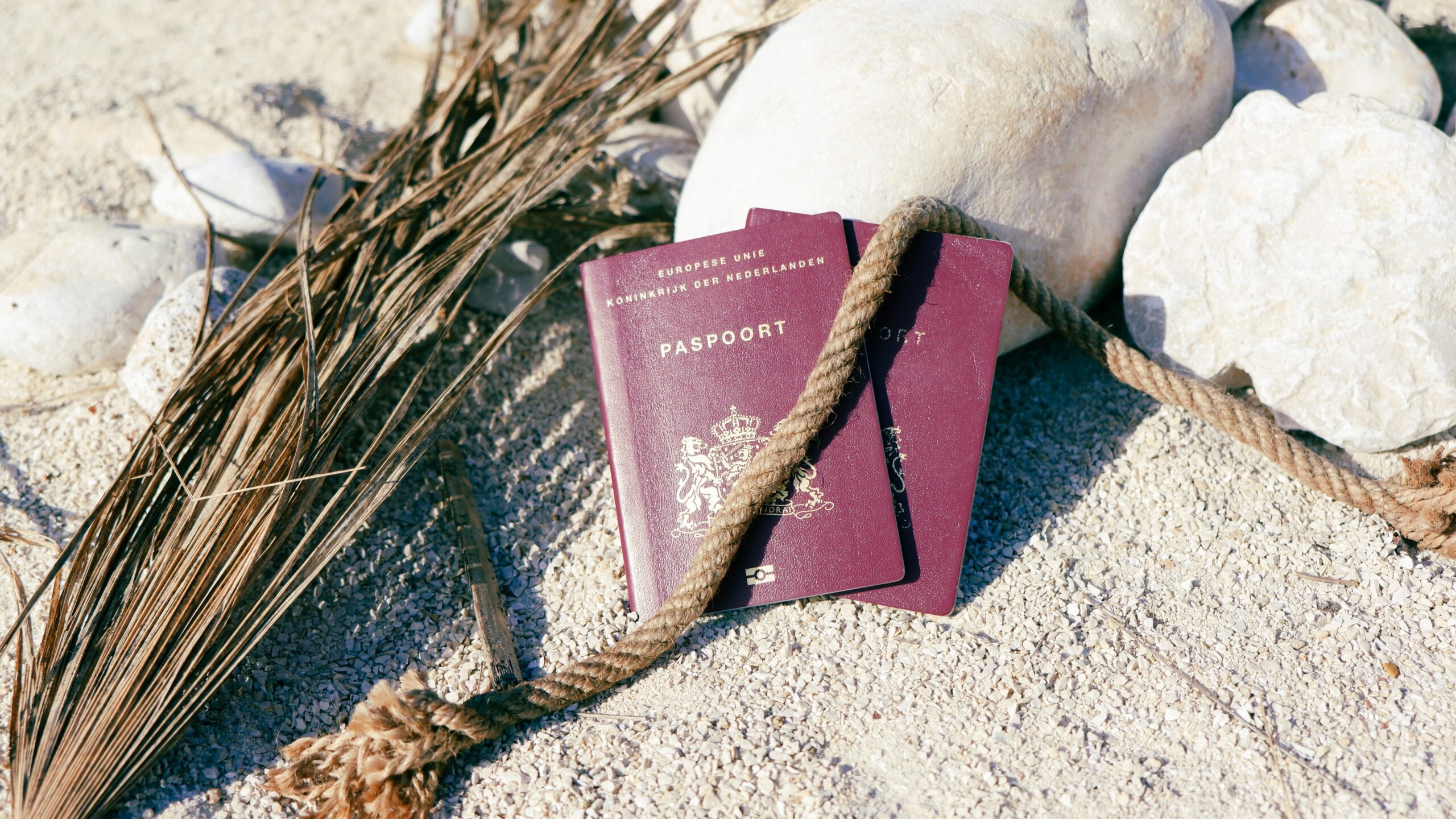Travel and academic documents play a crucial role in our lives, whether it’s for embarking on a trip of a lifetime or pursuing educational opportunities. However, these important documents are susceptible to various forms of damage that can cause significant inconvenience and stress. In this article, we will explore the common causes of damage in travel and academic documents and provide effective strategies to minimize them.

Common causes of damage to travel and academic documents include:
Physical damage:
Documents can be torn, crumpled, or stained due to mishandling or accidents.
Water damage:
Spills, rain, or other water-related incidents can cause documents to become unreadable or disintegrate.
Heat damage:
Excessive heat, such as leaving documents in a hot car or near a heat source, can cause fading, melting, or warping.
Theft or loss:
Documents can be lost or stolen, resulting in significant inconvenience or potential misuse of personal information.
Mold and mildew:
High humidity or exposure to damp environments can lead to the growth of mold or mildew, which can damage documents.
To minimize damage to travel and academic documents, consider the following tips:
Use protective covers:
Place important documents in plastic sleeves or protective covers to shield them from physical damage and stains.
Store documents properly:
Keep documents in a secure, dry, and cool location to protect them from heat, water, and humidity.
Make digital copies:
Create digital backups of your documents and store them securely online or in cloud storage. This helps in case the physical documents are lost or damaged.
Use waterproof containers:
When traveling or transporting documents, consider using waterproof containers or bags to safeguard them from water damage.

Handle documents with care:
Avoid folding, crumpling, or tearing documents. Handle them gently, and be cautious when placing them in bags or pockets to prevent accidental damage.
Keep duplicates or copies:
It’s advisable to have duplicate copies of important documents, such as passports, visas, and academic transcripts. Leave one set at home and carry another with you while traveling.
Use document sleeves or wallets:
For travel, use document sleeves, wallets, or organizers designed specifically for holding passports, tickets, and other important papers. These provide additional protection and organization.
Be vigilant with document security:
Keep an eye on your documents at all times, especially in public places. Be cautious of pickpockets or potential theft.
1. Water Damage
Water damage is a significant threat to travel and academic documents. Accidental spills, rain, or even a burst pipe can wreak havoc on these papers, rendering them unreadable or even destroyed. To minimize water damage:
Store your documents in waterproof and sealable bags or pouches.
Invest in a water-resistant travel organizer or file folder to keep your documents organized and protected.
Make digital copies of your documents and store them securely online or on a portable device.
2. Physical Damage

Traveling or handling academic documents can subject them to physical damage. Folding, tearing, or creasing can make them difficult to use or diminish their validity. To prevent physical damage:
Use sturdy document holders or folders to keep your papers flat and protected.
Handle your documents with care, avoiding rough handling or placing heavy objects on top of them.
Consider laminating important documents for added durability.
3. Loss or Theft
One of the most distressing scenarios is losing or having your travel or academic documents stolen. Losing these papers can result in canceled trips or delays in academic pursuits. To minimize the risk of loss or theft:
Keep your documents in a secure and easily accessible location, such as a locked drawer or a safe.
Carry copies of essential documents while keeping the originals in a safe place.
Be cautious of your surroundings, especially in crowded areas, and avoid displaying your documents unnecessarily.
4. Improper Storage
Improper storage can lead to the deterioration of travel and academic documents over time. Factors like exposure to sunlight, extreme temperatures, and humidity can cause discoloration, fading, or even mold growth. To ensure proper storage:
Select a cool, dry, and dark storage area for your documents.
Use acid-free document sleeves or archival-quality folders to prevent yellowing and deterioration.
Avoid storing documents in basements, attics, or other areas prone to moisture and temperature fluctuations.
5. Inadequate Backups
Failure to create backups of your travel and academic documents can lead to irreversible loss in case of unexpected events. To create adequate backups:
Scan your documents and store them digitally in multiple secure locations,
suc h as cloud storage or external hard drives.
h as cloud storage or external hard drives.
Consider sharing copies of your documents with a trusted family member or friend.
Regularly update your backups to include any new or updated documents.
Conclusion
Protecting your travel and academic documents from damage should be a priority to ensure a smooth journey and uninterrupted educational pursuits. By taking proactive measures such as using waterproof storage, handling documents with care, securing your belongings, practicing proper storage, and creating backups, you can minimize the risks and safeguard the integrity of these essential papers. Remember, prevention is key when it comes to preserving the safety and longevity of your travel and academic documents.
Also, different countries or academic institutions may have specific requirements for document preservation or authentication. Always check and follow their guidelines to ensure your documents remain intact and valid.

